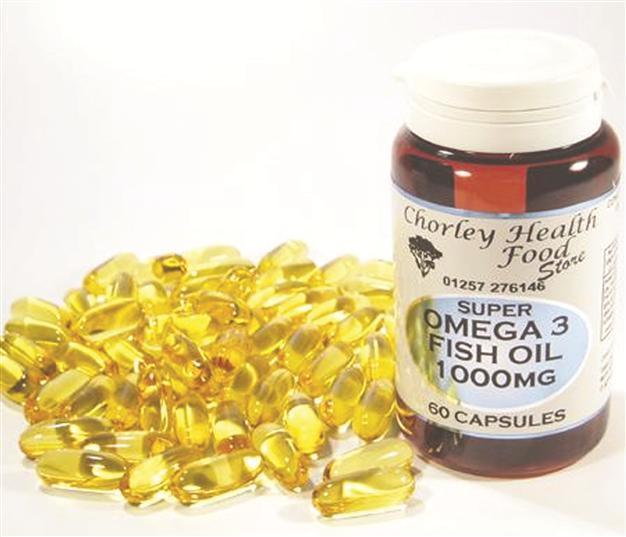Fish oil supplements not answer for health
NEW YORK - Reuters

A new study shows that fish oil pills have no impact on deaths from heart disease.
Omega-3 fatty acids, found in oily fish such as sardines and salmon and once touted as a way of staving off heart disease and stroke, don’t help after all, according to a Greek study.Based on a review and analysis of previous clinical trials including more than 68,000 participants, Greek researchers whose report appeared in the Journal of the American Medical Association said the fatty acids have no impact on overall death rates, deaths from heart disease, or strokes and heart attacks.
This was true whether they were obtained from supplements such as pills, or from fish in the diet, said the researchers.
“Overall, omega-3 supplementation was not associated with a lower risk of all-cause mortality, cardiac death, sudden death, myocardial infarction, or stroke based on relative and absolute measures of association,” they wrote.
A decade ago, medical evidence suggested that boosting omega-3s, including the acids known as EPA and DHA, with food or supplements had a strong protective effect even though the mechanism wasn’t understood.
Scientists cited improvements in levels of triglycerides, a type of fat in the blood, as well as blood pressure levels and heart rhythm disturbances. But since then, the picture has grown clouded. Earlier this year, a group of Korean researchers found that omega-3 supplements had no effect on heart disease or death based on 20,000 participants in previous trials.
The current study pooled results of 18 clinical trials that assigned participants randomly to take either omega-3 supplements, or not. It also includes two trials in which people got dietary counseling to increase their consumption of omega-3 rich foods.
Because people who eat a lot of fish have been found to have less heart disease, researchers figured that perhaps putting the supposed “active ingredients” in a pill could provide similar benefits, said Alice Lichtenstein, director of the Cardiovascular Nutrition Laboratory at Tufts University in Boston.
















